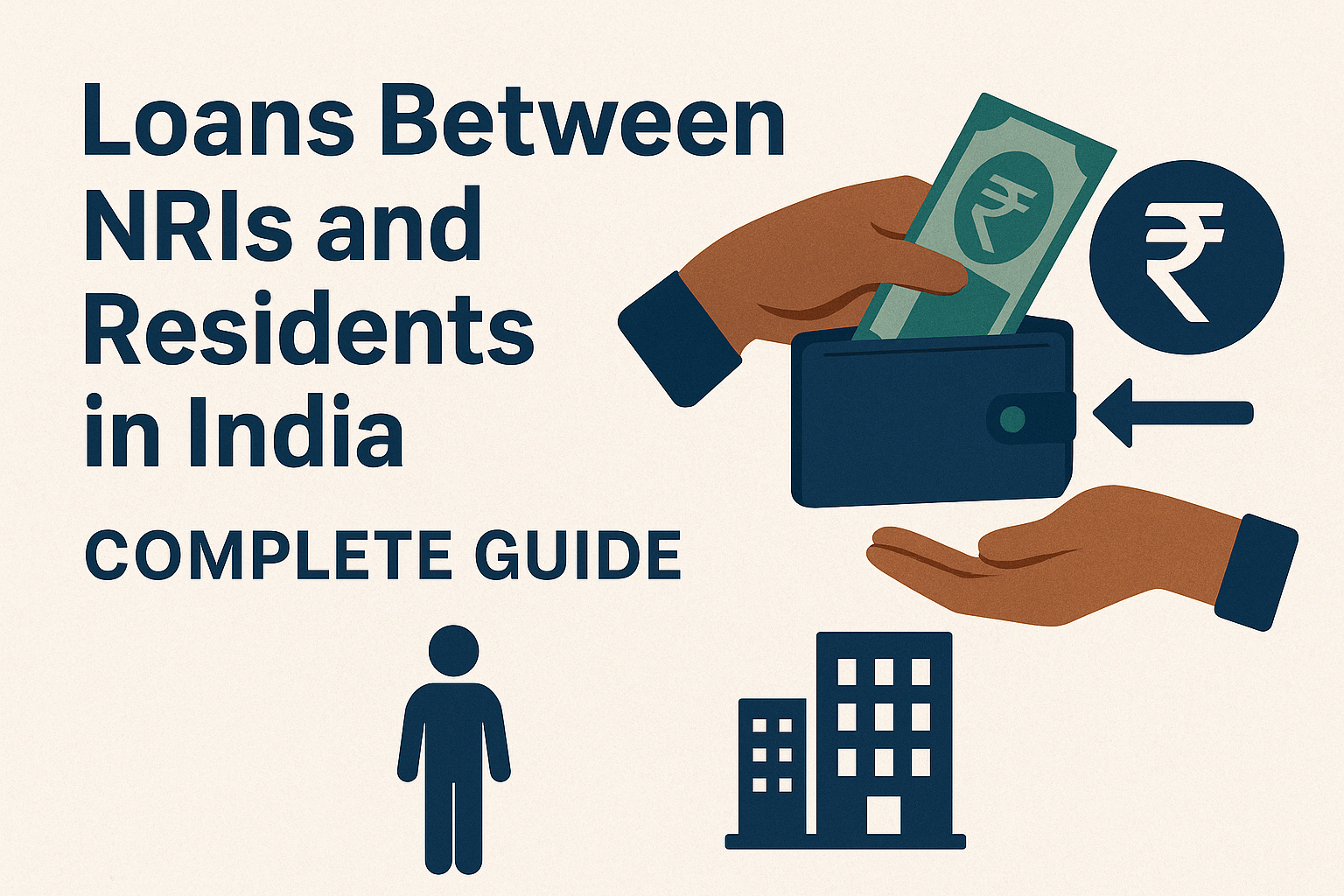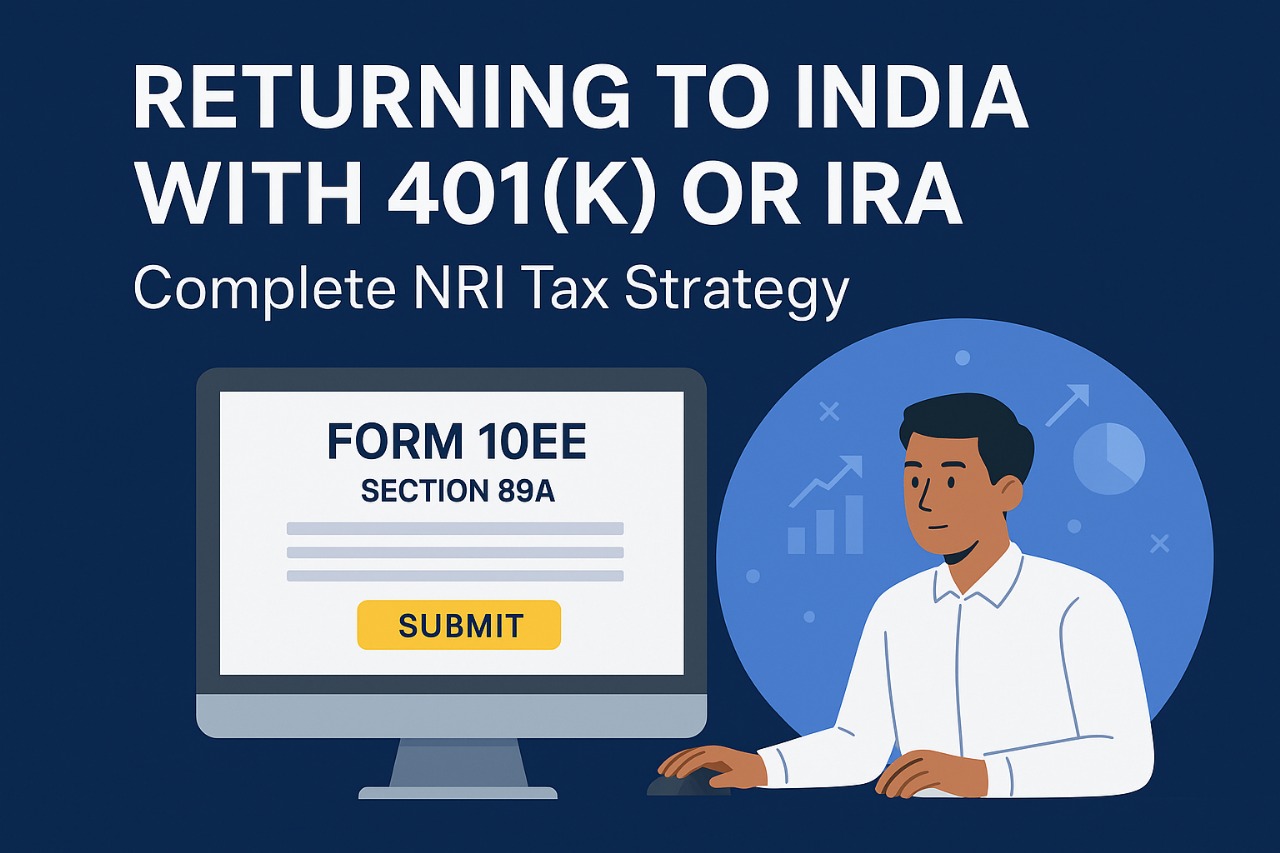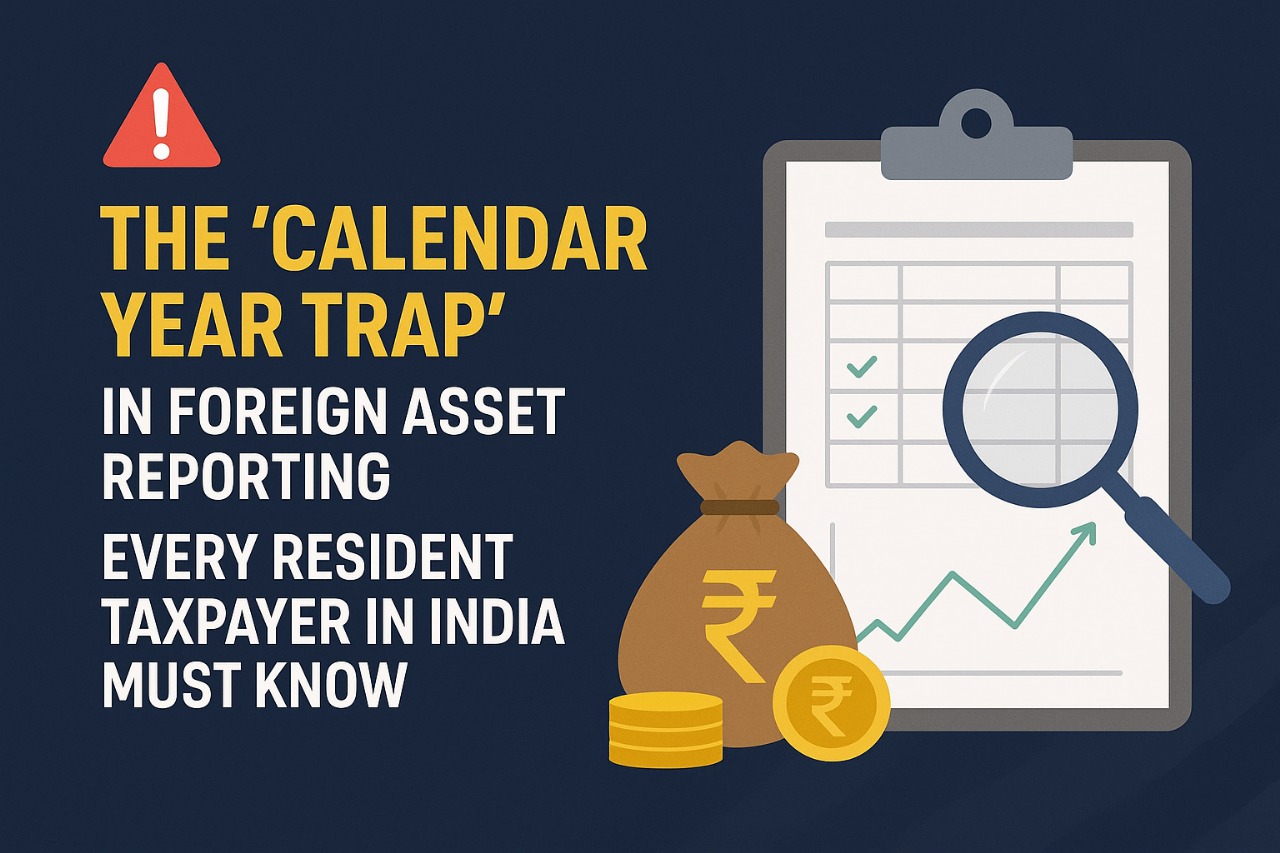 WhatsApp
WhatsApp
 Call Us
Call Us
 Email Us
Email Us
 Whatsapp Community
Whatsapp Community

The Central Board of Direct Taxes (CBDT) has initiated a rigorous scrutiny and verification process aimed at high-value outward foreign remittances exceeding ₹6 lakh. This comprehensive review is designed to detect discrepancies in remittance data and address potential tax evasion, ensuring the integrity of the Indian tax system.
The CBDT's decision to intensify scrutiny comes on the heels of numerous instances where foreign remittances and expenditures did not align with the income declared by individuals. These inconsistencies highlight potential lapses in the collection of Tax Collected at Source (TCS), underscoring the need for a more vigilant approach.
To facilitate this scrutiny, the CBDT has instructed field formations to commence verification and in-depth analysis of Form 15CC. This form is a quarterly disclosure statement detailing outward remittances, filed by authorized dealers to the Income Tax Department. The data from Form 15CC, meticulously collected and segregated since 2016, will now be available for comprehensive analysis.
The primary objective of this initiative is to identify instances where remittances were sent but not accurately reported by taxpayers in their filings. This move is expected to curb tax evasion and ensure that legitimate remittances are processed smoothly, while also preventing the abuse of foreign remittance reporting relaxations.
The CBDT is set to prepare a list of high-risk cases based on a thorough scrutiny of data from the financial year 2020-21 onwards. Field formations have been tasked with creating a detailed Standard Operating Procedure (SOP) to identify these high-risk cases. A list of such cases is expected to be submitted by September 30.
To expedite the process, the government has set a December 31 deadline for issuing the first notices to individuals identified as having undeclared income. This proactive approach aims to streamline the investigation and ensure timely action against potential tax evaders.
In one notable case, an individual with a declared annual income of ₹5 lakh was found to have remitted ₹15 lakh abroad over the last three years. By using three different dealers, the individual managed to evade the mandatory TCS, effectively escaping the tax net. This example underscores the need for stricter monitoring and reporting mechanisms.
Under the Liberalised Remittance Scheme (LRS), the government imposes a 20% TCS on foreign remittances exceeding ₹7 lakh. However, certain exceptions are provided for medical and educational expenses. In cases where the remitter or deductor certifies that the remittance is non-taxable, no further details are required. This provision applies to payments by importers, companies to their subsidiaries, or loans to non-residents.
The Income Tax Department has detected several cases of potential misuse of these relaxations. Therefore, monitoring these payments, where exemptions are claimed, is crucial to prevent abuse and ensure compliance with the law.
The CBDT has instructed banks to report total forex spends as a distinct category, in addition to total credit card spends, even when TCS is not collected. This information is now recorded in the annual income statement, providing a more comprehensive overview of an individual's financial activities and facilitating accurate income tax assessments.
Effective from October 1, 2023, the government increased the TCS rate on foreign remittances under LRS from 5% to 20%. Additionally, the 2023 budget included international credit card payments under the ambit of LRS and implemented TCS on these transactions. However, following widespread criticism, this measure was later rolled back.
As the CBDT intensifies its efforts to scrutinize high-value outward remittances, it is imperative for taxpayers to ensure compliance with the evolving tax laws. By staying informed and adhering to regulations, individuals and businesses can avoid penalties and contribute to a more transparent and accountable financial ecosystem.







Stay in the loop, subscribe to our newsletter and unlock a world of exclusive updates, insights, and offers delivered straight to your inbox.